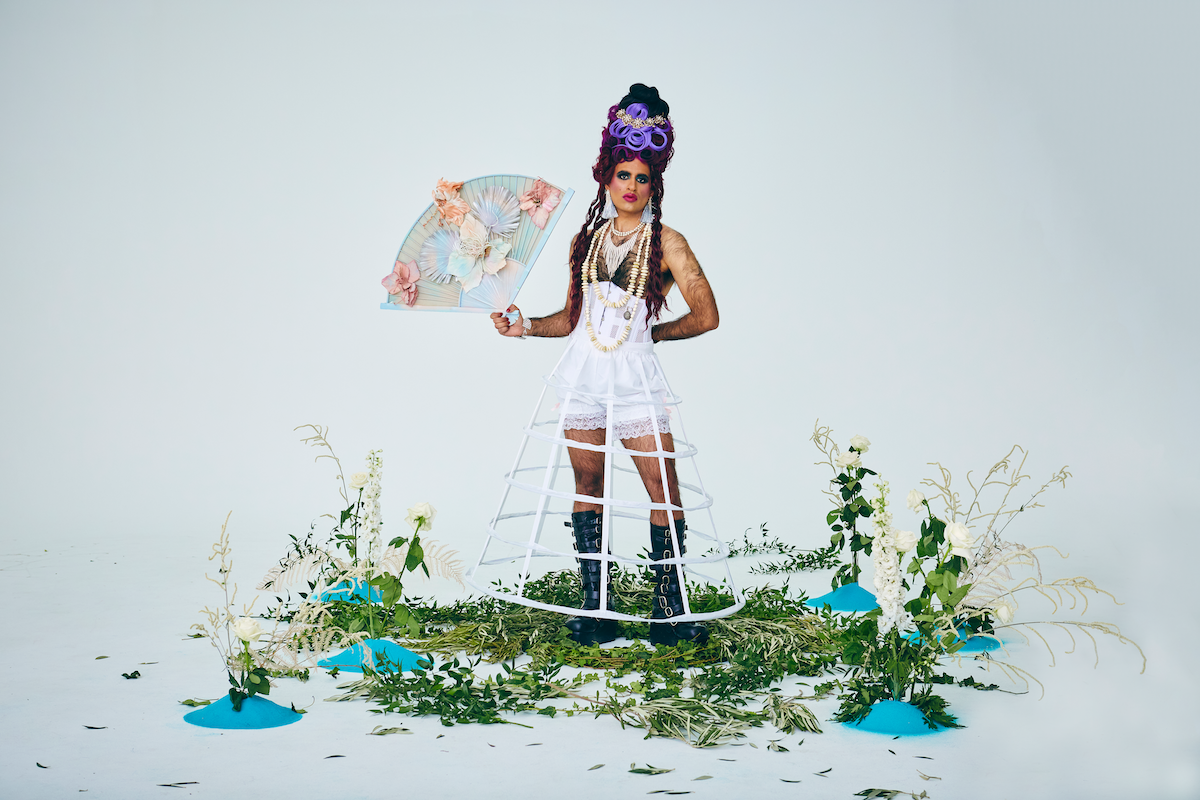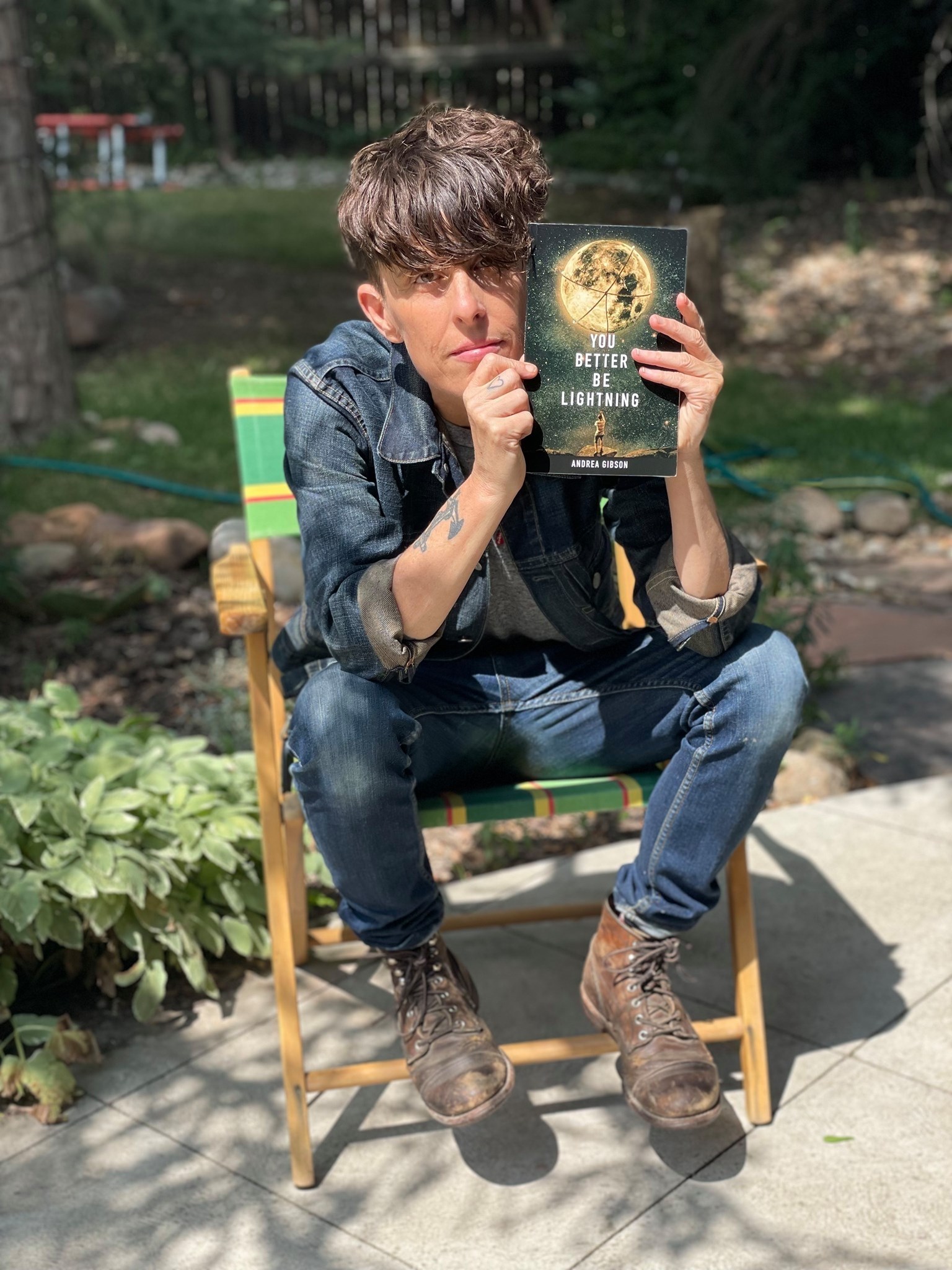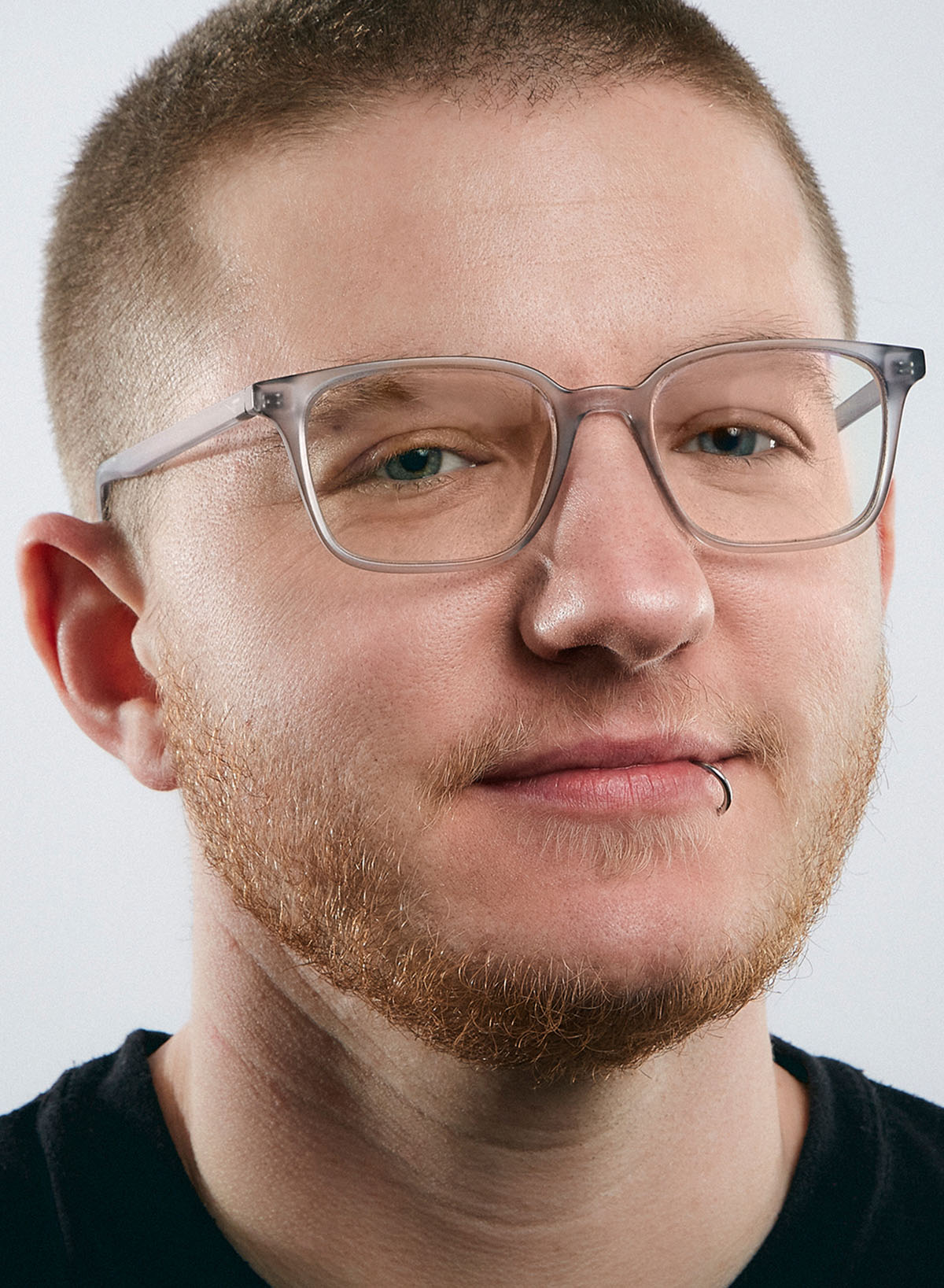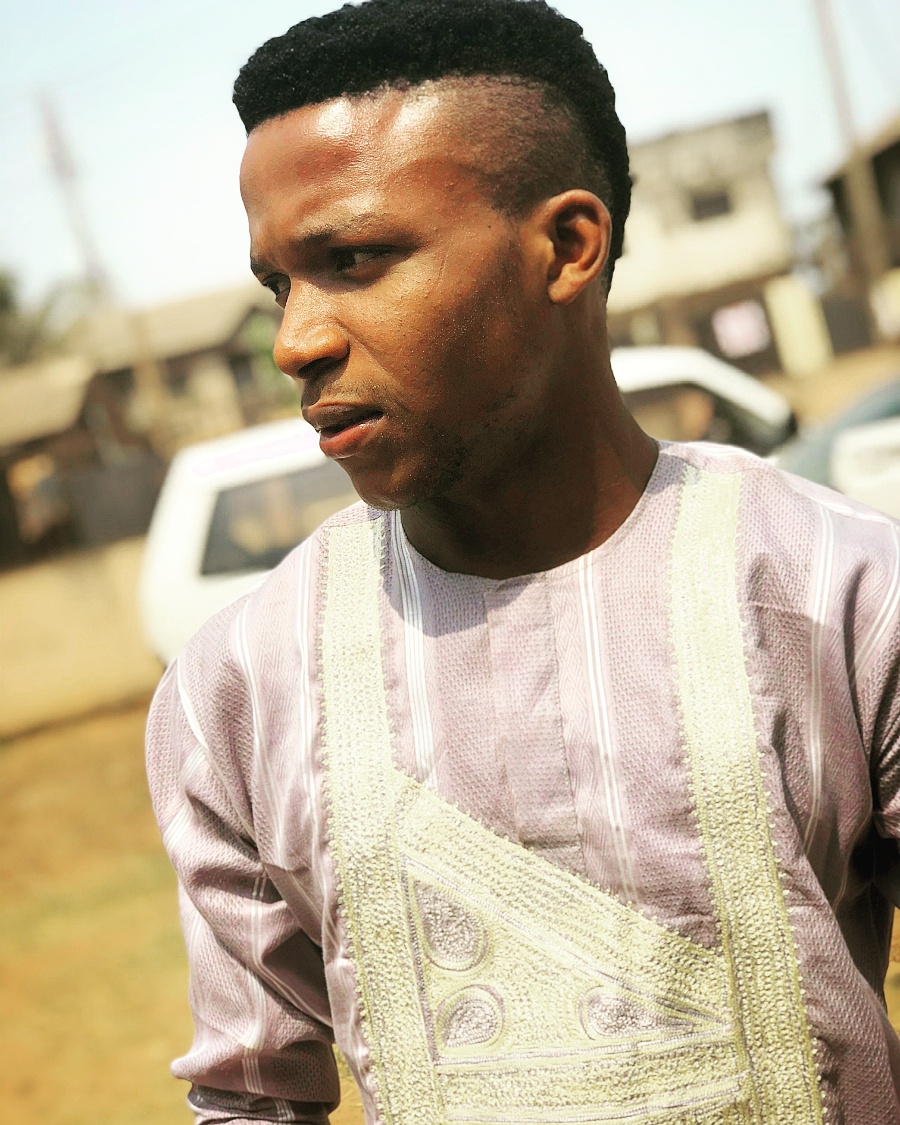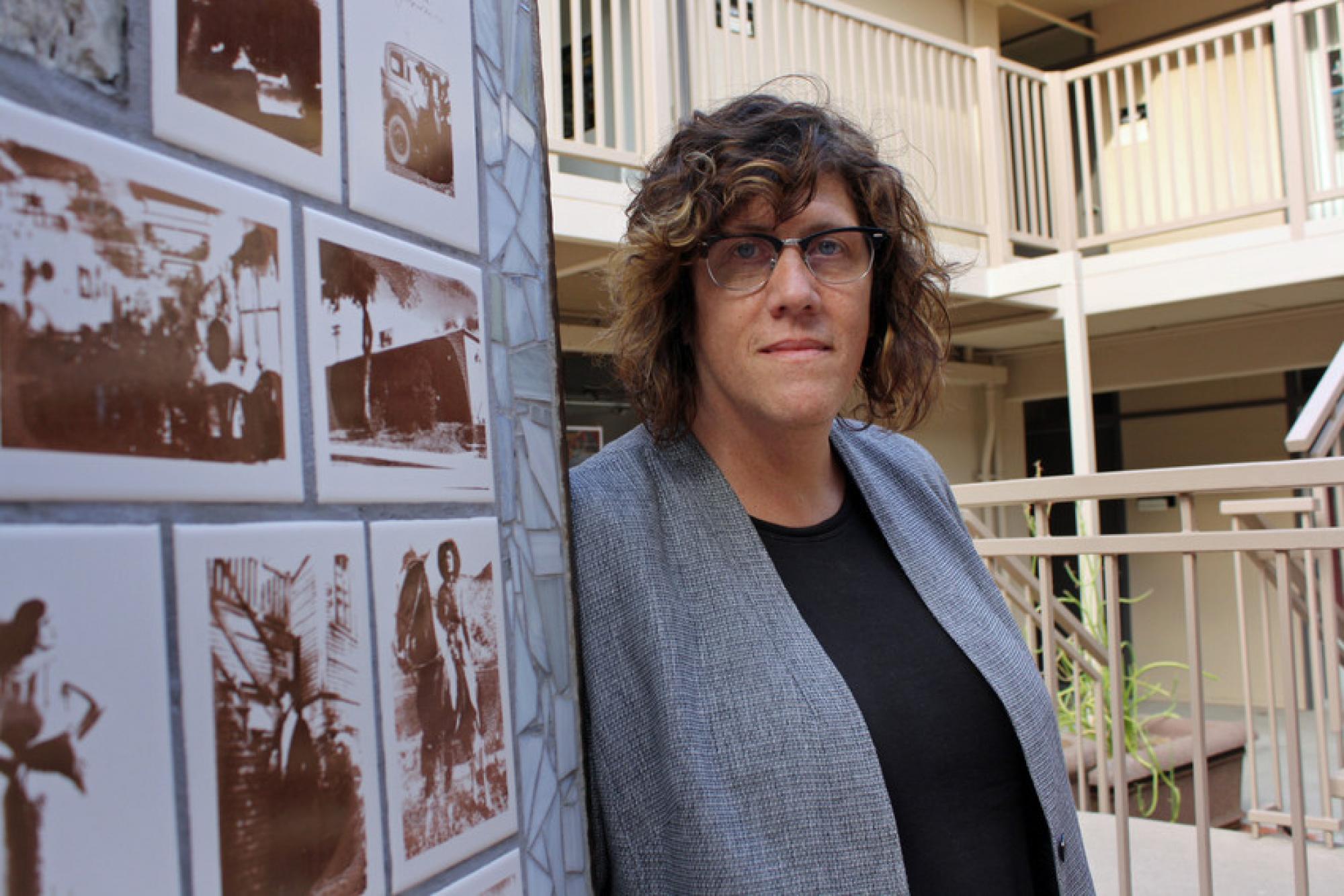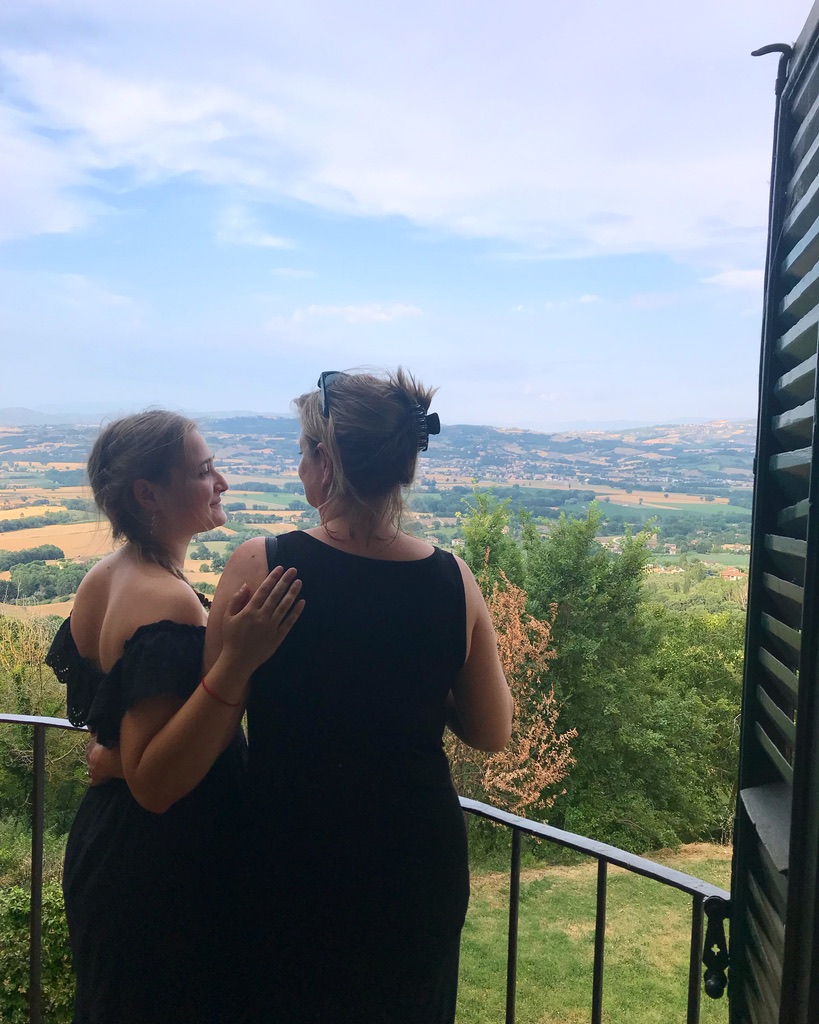artists TALK
Conversations with creatives whose work has a lasting impact on how we think about craft, and how we approach the world at large.
In Conversation with ALOK
ALOK VAID-MENON (they/them/theirs) is an internationally acclaimed writer, performer, and public speaker. As a mixed-media artist their work explores themes of trauma, belonging, and the human condition. They are the author of Femme in Public (2017), Beyond the Gender Binary (2020), and Your Wound/My Garden (2021). They are the creator of #DeGenderFashion: a movement to degender fashion and beauty industries and have been honored as one of HuffPo’s Culture Shifters, NBC’s Pride 50, and Business Insider’s Doers. Over the past decade they have presented at more than 600 venues in 40 countries.
In Conversation with Andrea Gibson
ANDREA GIBSON (they/them/theirs) is a queer author of five full-length collections of poetry, including Lord of the Butterflies (Button Poetry 2018) which sold over 20,000 copies worldwide. Winner of The Independent Publishers Award in 2019, Andrea is also a three-time Goodreads Choice Awards Finalist. In 2017, Penguin Books published Take Me With You, an illustrated collection of Gibson’s most beloved quotes, and in 2019, Chronicle books published their first non-fiction endeavor, How Poetry Can Change Your Heart. The winner of the first Women’s World Poetry Slam, Gibson has gone on to be featured on BBC, Air America, CSpan, and regularly sells out large capacity venues all over the world. Gibson has also released seven full length albums of spoken word. Their most recent book, You Better Be Lightning, is now available.
In Conversation with Krys Malcolm Belc
Krys Malcolm Belc is the author of the flash nonfiction chapbook In Transit (The Cupboard Pamphlet) and the forthcoming memoir The Natural Mother of the Child (Counterpoint). His work has appeared in Granta, Black Warrior Review, The Rumpus, and elsewhere and has been anthologized in Best of the Net 2018 and Wigleaf Top 50. Krys has won contests at Redivider and Pigeon Pages and his work has been supported by the Sustainable Arts Foundation. He received his BA from Swarthmore College, his M.Ed in Special Education from Arcadia University, and his MFA in Creative Writing at Northern Michigan University. Krys lives in Philadelphia with his partner and their three young children.
In Conversation with Nnadi Samuel
Nnadi Samuel (he/him/his) holds a B.A. in English & literature from the University of Benin. His works have been previously published in Suburban Review, Seventh Wave Magazine, North Dakota Quarterly, Quarterly West, Blood Orange Review, Uncanny Magazine, PORT Magazine, The Cordite Poetry Review, Gordon Square Review, Trampset, Beestung Magazine, Rigorous Magazine, Blue Nib journal, Kaleidoscope Magazine, Stonecrop Review, The Elephant Magazine, Birmingham Arts Journal, Lunaris Review, Inverse Journal, Canyon Voices, Journal Nine, Liquid Imagination, Silver Blade Journal, Star*Line Science Fiction & Poetry, Zoetic Press, Subterranean blue poetry, The Quills, Eunoia Review & elsewhere.
The Past is as Fluid as the Future: In Conversation with Susan Stryker
I think there’s an assumption that the past is fixed and we have to recover it somehow. As in, there was a fact that happened, you will recover this fact, and then you will know what it means. The truth is that the past is in many ways as fluid as the future.
You Are Enough: In Conversation with Kim Maxwell and Lily Brown
The story that you have is enough. The work that exists inside of you is enough. The work isn't out there. It isn't some degree that you don't have. It isn't the house that you don't have. It isn't the perfectly scheduled day where you know exactly what you're doing and you do it all. It’s already there. You don't need to buy or do anything else in order for what you are to be enough, and good.


